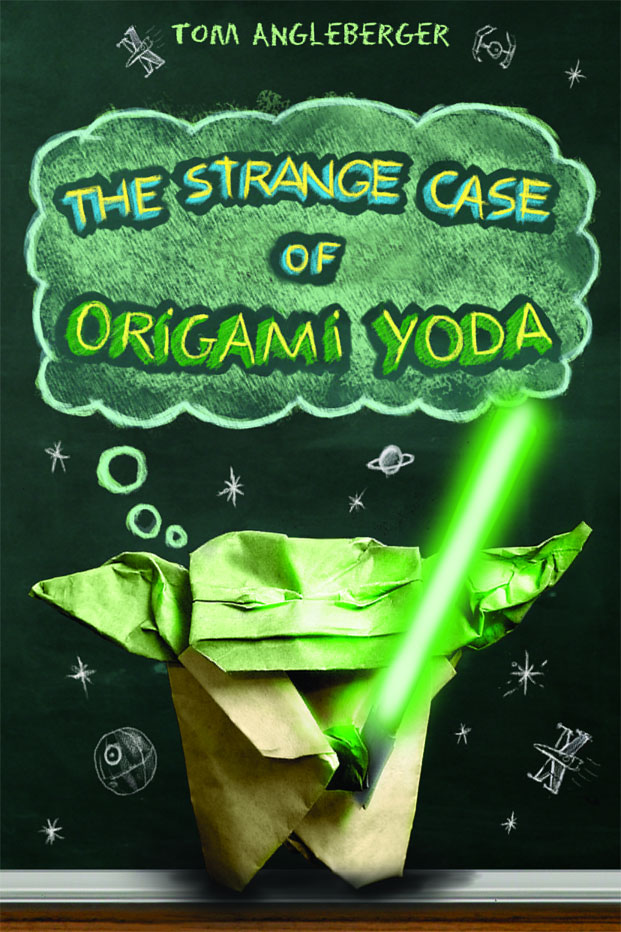I spend 1/3 of my day doing small groups for reading.
My 12 groups range from DRA 40-70 and are split up by both DRA level and students' interests. My afternoon group also has all the fifth graders in GATE/TAGs (advanced course work for gifted & talented), so I have to make sure to never schedule their group meeting days on Tuesdays or Fridays. I also had to group them in the same 3 groups for this reason.
When they meet with me, we do close reads of important parts of the passage, go over comprehension questions, zoom in on vocabulary and work on predictions and inferences. Lately they've been running more of their small groups, which is awesome.
We have daily word work and fluency practice. I have to RCBM two kids a day (fluency progress monitoring with AIMSweb), so during this time, they read our weekly flueny passage (leveled passages from reading A-Z). During that time, they coach each other on the components of fluency (rate, expression, accruacy and phrasing) to help each other improve. By doing the same passage over the course of the week, they practice repeated reading and their accuracy improves over the course of the week. I get to use this time to progress monitor so I don't fall behind on my case load. I love that we multi-task and it's not wasted time.
We have been working on weekly "must do's" as well with the A/E/I/O/U strategy and our science readers. I chose informational text because they struggle with main ideas and supporting key details. In fifth grade, they are expected to pick out the main ideas and make connections within text, including scientific ones. Our science CRTs (standardized tests) are up first on the testing calendar, so I'm utilizing old science content to not only review science material but informational text as well. If I give them a task, there should be a clear focus! (Or in my overachieving case, several)
Here are some snap shots of what they're doing when they're not at my kidney table:
Collaboratively adding details about the characters in their novels on their large graphic organizers.
Using fifth grade description cards to analyze characters.
Responding to a post on kidblog.
Referring back to the text for evidence in a written response
Keeping track of characters in a novel
Collaboratively recording information about the novel, including juicy words, character development and settings.
Happy reading!







































